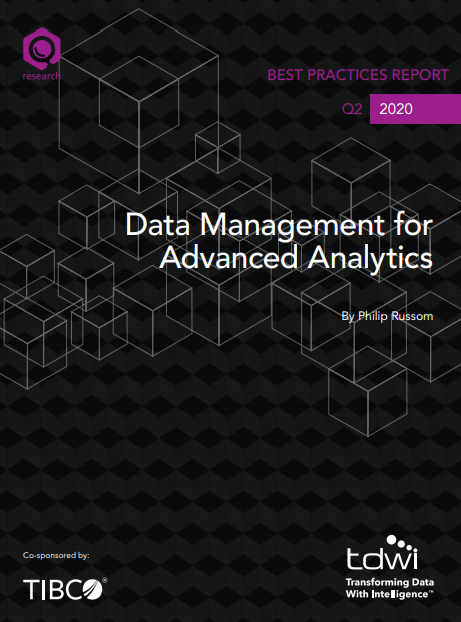“Corporations are achieving measurable results and business benefits from their Big Data investments.”
This is the principal finding of NewVantage Partners as it releases its Big Data Executive Survey 2017 entitled, “Big Data Business Impact: Achieving Business Results through Innovation and Disruption.” The survey, participated by CDOs (32.3%), CAOs (22.6%), CIOs (12.9%) and CEOs (8.1%) among others, revealed that corporations have achieved considerable value from their Big Data initiatives. More than 80% of them shared that their Big Data investments have been successful, with 21% of executives declaring Big Data to have been disruptive or transformational for their firm.
However, challenges still abound as the survey also found that cultural issues remain a hurdle to successful business adoption. This finding also coincides with Corinium’s earlier survey of Chief Analytics Officer where “57% of respondents found ‘Driving cultural change’ as the biggest barrier to advancing data and analytics strategy.” Indeed, culture is an important aspect that key executives must put more emphasis on as they continue to pursue business success through Big Data in 2017 and beyond.
Summary of key findings of NewVantage Partners Big Data Executive Survey 2017:
Executives report measurable results from Big Data investments.
Corporations are achieving measurable results and business benefits from their Big Data investments. That is the principal finding of the 2017 executive survey. A strong plurality of executives, 48.4%, report that their firms have realized measurable benefits as a result of Big Data initiatives. A remarkable 80.7% of executives characterize their Big Data investments as successful, with 21% of executives declaring Big Data to have been disruptive or transformational for their firm.
Cultural challenges remain an impediment to successful business adoption.
In spite of the successes, executives still see lingering cultural impediments as a barrier to realizing the full value and full business adoption of Big Data in the corporate world. 52.5% of executives report that organizational impediments prevent realization of broad business adoption of Big Data initiatives. Impediments include lack or organizational alignment, business and/or technology resistance, and lack of middle management adoption as the most common factors. 18% cite lack of a coherent data strategy.
52.5% of executives report that organizational impediments prevent realization of broad business adoption of Big Data initiatives. Impediments include lack or organizational alignment, business and/or technology resistance, and lack of middle management adoption.
Firms are focusing on opportunities to innovate — while reducing expense levels.
Firms are striving to establish data-driven cultures (69.4%), create new avenues for innovation and disruption (64.5%), accelerate the speed with which new capabilities and services are deployed (64.5%), launch new product and service offerings (62.9%), “monetize” Big Data through increased revenues and new revenue sources (54.8%), and transform and reposition their business for the future (51.6%). And, of course, 72.6% are seeking to decrease expenses through operational cost efficiencies — with 49.2% reporting successful results from their cost reduction efforts as a result of Big Data investments.
Chief Data Officer’s will be expected to step up to lead the data innovation charge.
A majority of firms report having appointed a Chief Data Officer (55.9%). While 56% see the role as largely defensive and reactive in scope today — driven by regulatory and compliance requirements– 48.3% believe that the primary role of the Chief Data Officer should be to drive innovation and establish a data culture, and 41.4% indicate that the role of the CDO should be to manage and leverage data as an enterprise business asset. Only 6.9% suggest that regulatory compliance should be the focus of the CDO.
Big firms are bracing for a decade of disruptive change.
Executives fear that disruption is looming on the immediate horizon. A robust 46.6% of executives express the view that their firm may be at risk of major disruption in the coming decade. They envision a future where “change is coming fast” and it may be “transform or die”. In addition to Big Data, these firms see disruption coming from a range of emerging capabilities, including Artificial Intelligence and machine learning (88.5%), digital technologies (75.4%), cloud computing (65.6%), Block chain (62.3%), and Fin Tech solutions (57.4%). Prepare for the decade of disruption.
For updates on Data, Analytics, Customer, Digital Innovation, follow Corinium on Twitter @coriniumglobaland Instagram @coriniumglobal
Want to find out more? Join us at Chief Analytics Officer Europe this April to discover the latest trends in business analytics.







.jpg)

